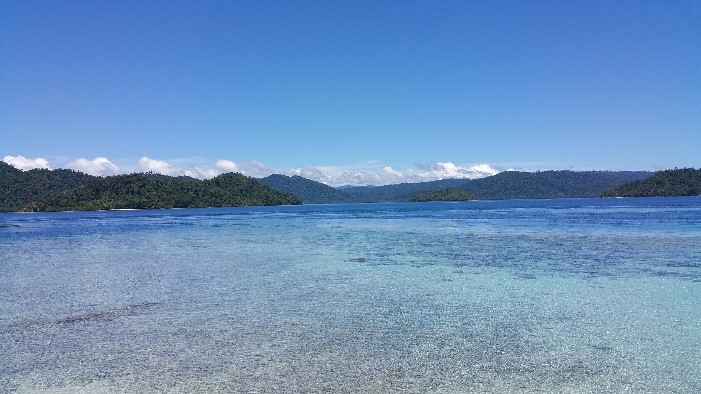A few personal tips to navigate the "eco-tourism" world
by Maha MG
Over the past decades, we witnessed the emergence of eco-tourism all over the world.
When I started to follow this trend, I got quickly puzzled by the variety of ‘eco-tourism’ concepts, labels and definitions: Eco-friendly, green, sustainable, environmentally friendly, conservation, protection, preservation and plenty of labels for products, services or places.
After some research, I found out that the definitions vary from one group to another. The good news is that somehow there is a common ground that I want to share with you. These tips have no other ambition than giving few simple notions to navigate the “eco-tourism” world and to make your own choice based on your personal eco-sensibility.
Let’s start with some definitions:
Green tourism refers to staying in a natural and/or wild environment and interacting with local wildlife with low impact on the environment, e.g. visiting a natural park, camping in a wild forest etc.
Responsible tourism refers to the choice of destination and activities based on political, ethical, racial, environmental criteria, with low impact on the environment and positive impact on local community, e.g. choosing to dive in close dive site instead of the Maldives, admiring elephants in a wild area instead of riding captured elephants in touristic areas etc.
Sustainable tourism refers to tourism which preserves and adds value to the local environment and community with no or low impact on the environment and with positive impact on the local community, e.g. staying in a lodge, consuming local during your stay etc.
Eco-tourism refers to sustainable tourism with a focus on activities in a natural and/or wild environment with no or low impact on the environment and a positive impact on the local community, e.g. staying at an eco-lodge, participating in sea cleaning with local community etc.
As you can see, these definitions are quite generic and not easy to measure.
There are multiple existing organizations trying to create a consensus on the measurement, such as the Global Sustainable Tourism Council, Green Key, Green Globe, USGBC, Global Eco Labelling, Green Hotels, Green Hotelier, Green Tourism, Global Eco Labeling Network, Blue Certified, Green fins, Destinet, Earth check, Eco Tourism and so forth, but we are still far from a widely shared and applied eco- tourism labeling.
I am convinced that in a near future, we will get there, but in the meanwhile all is in the hands of travelers.
Here are few tips to choose the right destination and activities for your next ‘eco-trip’:
1. Decide on your impact.
During your trip, you will eventually impact the local environment and the local community. Deciding the level of your impact (negative, neutral or positive) on each of them would be a first good step.
2. Spend your money where you want to make an impact.
If you want to make a positive impact on the local community, choose a place which invests in locals. If you want to have a neutral impact on the environment, choose a place where they are conscious about plastic rubbish.
3. Look beyond the name.
An “eco-friendly hotel” means everything and nothing. A hotel which bans plastic straws but uses plenty of plastic bags, a hotel organizing wildlife tours but not hiring any local workers and a hotel participating in social and environmental activities could be all labelled as eco-friendly. Do your homework and choose wisely.
4. Go small. Go local.
Eco-tourism goes rarely with big scale and international groups. Encourage local communities and small stays who act to make a difference. They are the closest to the field and thus have the better understanding of how to make a real impact.
5. Go out of your comfort zone.
Discovering unknown places, meeting diverse cultures, learning different ways of living and experiencing surprising activities all go with the saying “Your life starts at the end of your comfort zone”. Get ready to be surprised, to open your mind, to try, to like, to dislike, to learn and to care about your true self, while caring about the environment and the community.
What do you think? Do you have additional tips to share? Please comment below or contact us here. We'd love to hear from you.



